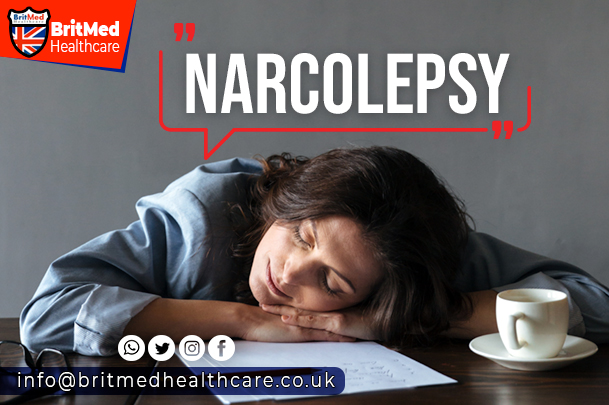Narcolepsy: A Chronic Sleep Disorder Requiring Understanding and Support
Narcolepsy is a debilitating neurological disorder that affects the regulation of sleep-wake cycles, causing excessive daytime sleepiness and sudden episodes of sleep. Despite its prevalence, narcolepsy remains a relatively unknown condition, often stigmatized and misunderstood by the general public. In this article, we will delve into the complexities of narcolepsy, exploring its causes, symptoms, diagnosis, and treatment options.
Causes and Prevalence
Narcolepsy is characterized by the abnormal production and regulation of hypocretin, a neurotransmitter responsible for regulating sleep-wake cycles. This disruption leads to an inability to control the onset of sleep, resulting in excessive daytime sleepiness, fragmented sleep, and sudden episodes of REM sleep. The exact causes of narcolepsy are still unclear, but research suggests that it may be triggered by a combination of genetic and environmental factors.
It is estimated that narcolepsy affects approximately 1 in 2,000 people worldwide, with a higher prevalence in certain populations such as individuals with a family history of the disorder. Despite its relatively low incidence rate, narcolepsy can have a significant impact on daily life, relationships, and overall well-being.
Symptoms
The symptoms of narcolepsy can be debilitating and varied. Common complaints include:
– Excessive daytime sleepiness: sudden episodes of sleepiness, often without warning
– Fragmented sleep: difficulty sleeping at night or experiencing frequent awakenings
– Cataplexy: sudden loss of muscle tone, often triggered by strong emotions
– Hallucinations: vivid visual or auditory hallucinations during wakefulness or sleep
– Sleep paralysis: temporary inability to move or speak during episodes of sleep
Diagnosis
Diagnosing narcolepsy can be challenging due to its similarities with other sleep disorders. Healthcare professionals typically rely on a combination of clinical evaluation, sleep studies, and laboratory tests to confirm the diagnosis. The following diagnostic criteria are commonly used:
– Excessive daytime sleepiness: self-reported by patients
– Fragmented sleep: observed through polysomnography (sleep study)
– Cataplexy: patient-reported history
– Hallucinations: reported by patients
Treatment Options
While there is no cure for narcolepsy, various treatment options can help manage its symptoms. These may include:
-Medications: stimulants (e.g., modafinil) to enhance alertness and wakefulness; antidepressants (selective serotonin reuptake inhibitors) to reduce cataplexy; and sedatives (sodium oxybate) to promote nighttime sleep.
– Lifestyle modifications: maintaining a consistent sleep schedule; avoiding stimulants (caffeine) before bedtime; and engaging in regular physical activity.
– Behavioral therapy: cognitive-behavioral therapy (CBT) to address underlying psychological issues and improve sleep hygiene.
Conclusion
Narcolepsy is a complex condition that requires understanding, support, and management. By shedding light on its causes, symptoms, diagnosis, and treatment options, we can work towards improving the lives of those affected. It is essential that healthcare professionals, educators, and the general public become more aware of narcolepsy to reduce stigma and promote early diagnosis and intervention. With increased knowledge and support, individuals with narcolepsy can lead fulfilling lives despite their condition.
References:
https://www.ninds.nih.gov/health-information/disorders/narcolepsy
https://my.clevelandclinic.org/health/diseases/12147-narcolepsy
https://www.mayoclinic.org/diseases-conditions/narcolepsy/symptoms-causes/syc-20375497
Websites:
Britmed Healthcare: https://britmedhealthcare.co.uk/
Nightingale Hospital: https://www.nightingalehospital.co.uk/
You can also book on Top Doctors UK Contact us on WhatsApp 08009708017
Top Doctors: https://www.topdoctors.co.uk/doctor/ahmed-el-missiry




